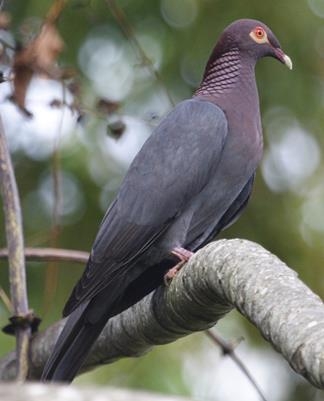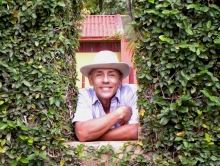Stop wasting money on dietary supplements
Three articles in this issue address the role of vitamin and mineral supplements for preventing the occurrence or progression of chronic diseases. First, Fortmann and colleagues systematically reviewed trial evidence to update the U.S. Preventive Services Task Force recommendation on the efficacy of vitamin supplements for primary prevention in community-dwelling adults with no nutritional deficiencies.









